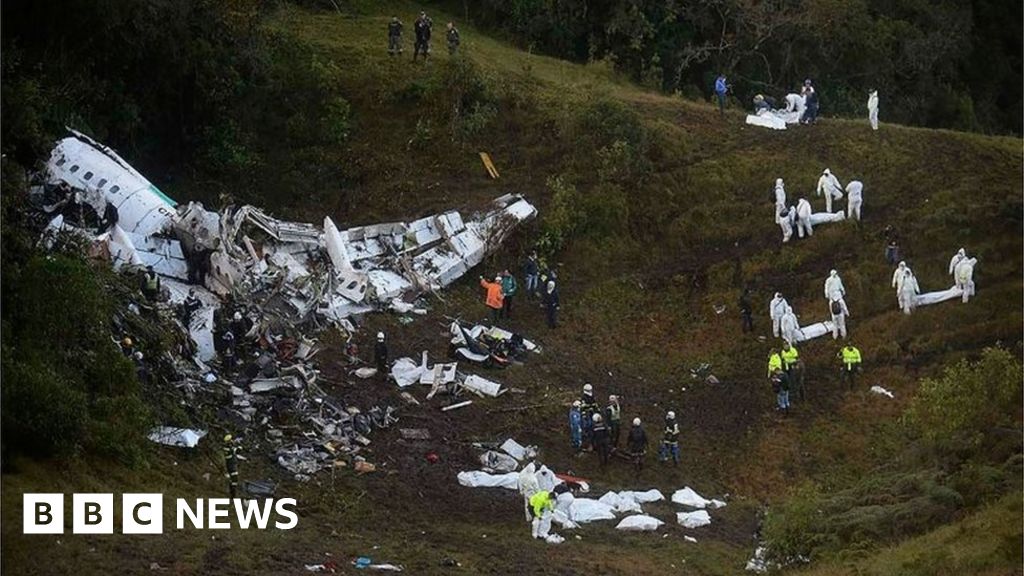Originally posted by Evan
View Post
As fuel density varies all the time ( I seem to remember 0.833 as our notional density) even the fuel loaded by KG will produce a different volume so in theory, every time you brim the tanks you will have a slightly different loadsheet stated figure... if that makes sense. The gauges are a guide at best. Good procedures based on statistical performance and discipline are the best way.
Unpaid bills? For me that is the big red flag. Along with this billowing smoke from the gun, from experience I would expect to see a whole array of rules and regs that will have been stretched, then broken, then horribly abused until something like this happened.
When companies are struggling for survival, they can no longer be trusted to maintain reasonable levels of compliance... even the majors. Hell, even companies that are doing well can have pockets of the operation where greed overrides safety. I could name an ops manager that cut corners simply to impress his bosses and get promoted (I think I used the expression "standing on our balls to peek into the boardroom".
Jail is the right place for these people.


Comment